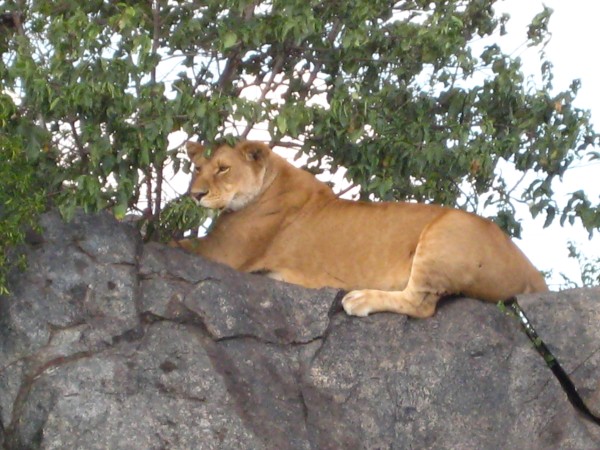In which we are each the eye of our own storm
I recently finished reading Letters to a Young Poet by Rainer Maria Rilke. Briefly, Rilke is a hugely prolific East European letter writer who was contacted by a young poet (go figure) named Franz Kappus. Kappus was on his way into the military after a few years at a military academy—also Rilke’s alma mater. The 10 letters comprising the book are Rilke’s musings, ideas, tips and cautions to Kappus, encompassing mostly his chosen career as a poet.
The version of the book that I have includes background context for the letters from a literary critic and historian. In the background for the second letter, Rilke finds himself thinking of how to reconcile your ambitions, your career and your heart:
“Everyone must find in his work the center of his life and thence be able to grow out radially as far as may be. And no one else may watch him in the process…for not even he himself may do that. [emphasis added]”
This concept—that what you do with your life would somehow be at the core of your being—can sound so alien to people in this time. Especially alien for college graduates.
As soon-to-be grads, we often hear a chorus of “Take whatever job you can get because you probably won’t get many other offers.” Or “You’ll have to put in your time before you actually get to enjoy your job…if you ever do.”
I believe Rilke would be absolutely appalled at this mindset. And I believe he would be well justified.
There’s no reason to rely on getting lucky in the realm of enjoying your life work.
[tangent: Some would debate the differences between “life work” and “career,” that they can be completely separate efforts. My opinion is that they are both better served when they are one and the same. Feel free to disagree.]
And Rilke seems to divide the process of work/passion into two well-defined steps:
Find Your Own Center—The Lion
Plainly speaking, you can’t effectively influence/lead/create/what-have-you until you know where you’re coming from. This isn’t something you can rely on others to do for you—as Rilke points out in the second sentence of the quote—this is something you must work at and work hard at for yourself.
When I gave the presentation to the high schoolers earlier this semester, I likened this step to becoming like a lion.
When I was in Tanzania, the lions and lionesses were almost exclusively loners. They had no real reason to be herd animals. They are confident in their individual strengths to carry them through. So they spend their time alone, wandering the Earth in which they live.
And that’s the paradox to finding your own core being—the harder you force it, the more elusive it becomes. You have to spend time actively meandering and wandering to ever arrive at the place you intend.
That’s not to say you’re wandering completely aimlessly (there’s always some purpose in mind). Your purpose in your wandering should be discovery.
Observe yourself. Observe yourself objectively. And observe yourself in relation to others. Write things down. Remember as much as you can. Everything fits together somehow, and it’s up to you to figure out how that is.
It’s a weird concept this paradox, but I believe it wholeheartedly. Mostly because that’s exactly how life has come together for me.
It just happened.
Create Your Concentric Circles—The Elephant
Rilke says to then “grow out radially as far as may be.” I think that’s a beautiful phrase because it tells you not only what to do but how to do it as well. You should grow, he says, and when I picture “radial growth” I picture something of a fishing bob hitting the water.
You know, that DreamWorks sequence at the beginning of movies with the kid fishing off what’s supposed to be the moon? That’s the imagery. He’s also doing it alone, which could tie in to my first point, but I digress.
But once you establish yourself at your center, you should concentrate on growing around that center. And when you grow, grow in every direction outward—picture that ripple effect, but more 3-D—touching people, places and events along the way.
It may not be much of an actual explosion—ripples tend to be gradually increasing anyway—so be patient. Keep doing that discovering step mentioned above, and you’ll find that you can grow in ways and places that you never imagined.
Who knows, maybe your ambitious, cubicle-bound subconscious will decide it wants needs something more expansive…say, the Peace Corps (personal aside).
And this is where elephants come in. Elephants in Africa seemed much more drawn to each other. They were in lines, they were in masses, they were just there. Each one leading another, each one following another. They were completely dependent on the circles of family and friends for their livelihood.
This is where you step out. This is when you lead. This is when you create. This is fun.
And it all begins with you finding exactly where you are and what you can do there.
+++++++
For more on finding what exactly could be lying at your center, head over to Leo at Zen Habits and look for “amazing work.”




